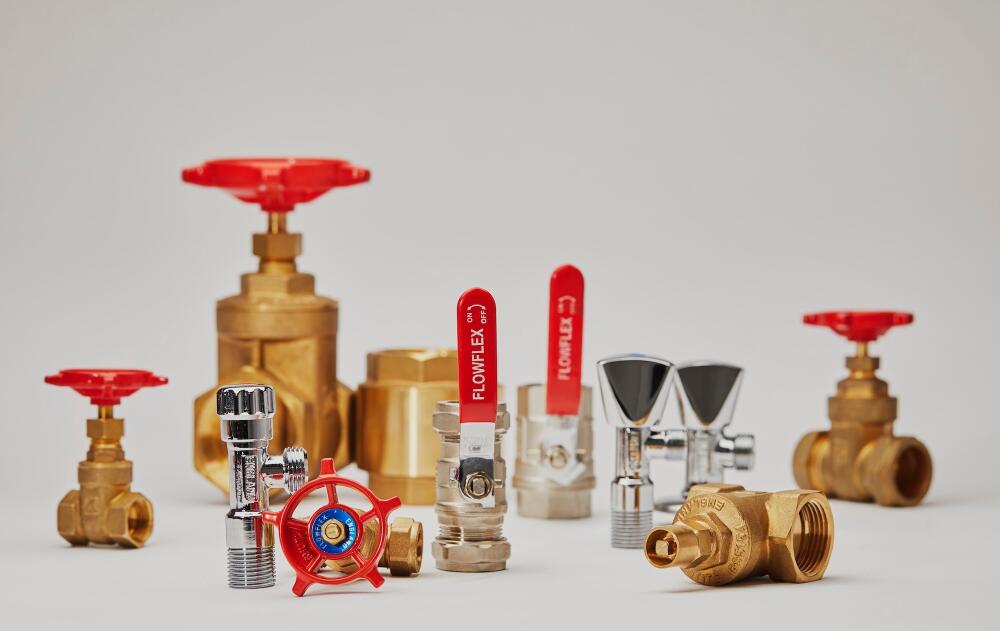Installation and Maintenance Tips for Flowflex Valves
Proper installation and maintenance of Flowflex Valves ensure optimal performance and longevity. Learn best practices to minimise downtime and repairs.
Last Updated: Sep 9, 2024

Valves
Discover Flowflex Valves, crafted for excellence in plumbing and heating systems. Our range includes ball, gate, and check valves, ensuring precise control and reliable flow. Manufactured to top standards and WRAS approved, these valves promise durability and ease of use. Click to explore our complete valve collection.
Installation Tips
Support and Alignment
Proper support and alignment during installation are essential to avoid stress on the valve and connected piping. Misalignment can lead to leaks, increased wear, and eventual damage. Make sure the valve is aligned with the pipeline to avoid unnecessary strain on the valve body and connections.Adequate Spacing
Leave sufficient space around the valve for easy access to the operating mechanism and also for other future maintenance.Avoid Excessive Torque
Over-tightening during installation can damage essential valve components. Always follow our installation guidance to avoid over-stressing the valve.Check for Debris
Before installation, inspect the valve and pipeline for any debris or dirt that could interfere with the valve’s operation.Pressure Testing
After installation, perform a pressure test to ensure the valve is sealed properly and operates as expected. Check for leaks around connections and confirm that the valve operates as expected without obstruction.Read Now
Testing Plumbing Installations
Maintenance Tips
Regular Inspection
Regularly inspect the valve for signs of wear, corrosion, and damage. Focus on the key components to identify any visible issues that could affect performance, such as cracks or corrosion.Lubrication
Lubricate valve moving parts regularly to maintain smooth operation, reduce friction, and prevent corrosion, which improves overall performance. However, always consult our specific maintenance guidelines for each product before lubricating to ensure proper care and avoid potential issues.Periodic Operation
Even if the valve is not in regular use, it’s important to periodically operate it to ensure it continues to work. This keeps the valve moving freely, prevents debris buildup, and reduces the risk any mechanisms sticking or seizing, ensuring the valve remains fully operational when needed.Leak Checks
Routinely check for leaks around key components of the valve. Leaks can indicate worn seals, damaged seats, or loose connections that need immediate attention to prevent further damage.Monitoring
Monitor valve performance by measuring flow rates, pressure differentials, or temperature changes.Training
Train personnel on proper valve operation and maintenance procedures. Training should cover the specific types of valves in use, including their operation, potential failure points, and maintenance requirements.Documentation
Maintain detailed records of all maintenance activities, including inspections, repairs, and replacements. Keeping track of maintenance history helps anticipate future needs and ensures the valve continues to function reliably over time.
Conclusion
Following installation instructions correctly and performing regular maintenance will help keep your Flowflex Valves functioning correctly, minimising downtime and extending their service life. Regular maintenance not only ensures safety and efficiency but also reduces the likelihood of costly repairs and replacements.
Related Articles
-
-
-
-
Sep 5, 2024
-
Sep 6, 2024
Any Questions?
Our team is available for you anytime.